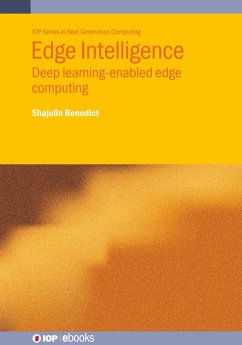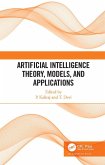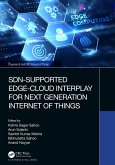In the modern world, the application of edge computing in societal applications or IoT-enabled applications is becoming one of the crucial steps to IT infrastructure. The necessity to build ultra-low-latency decision-making solutions in various domains such as industry, agriculture, education, healthcare, and so forth is enhanced as an integral role for application developers.
Edge Intelligence: Deep Learning-Enabled Edge Computing is a book that targets researchers and practitioners who are interested in applying intelligence without compromising data privacy. The book reveals the existing edge-AI techniques and forecasts future edge-AI integration methods. The book delves into edge computing architectures after describing relevant basic technologies such as IoT, Cloud Computing, and other security-related architectures.
The core values of the book are multi-folded: it highlights the various operating systems that could be incorporated in tiny devices; it categorizes the application of deep learning and transfer learning techniques in edge computing nodes so that application developers or users could focus on applying apt edge intelligence techniques for their solutions; it expresses the utilization of edge-enabled computing devices to increase the performance of applications; it showcases the security features of edge-enabled IoT-based applications; and so forth.
The book starts with an explanation of all relevant basic technologies. It offers a smooth transition from the basics to insightful practical sessions for practitioners. The ideas of providing innovative ideas and applications in the later part of the book can enthuse researchers and developers to engage themselves in innovating newer products with the application of edge intelligence.
Edge Intelligence: Deep Learning-Enabled Edge Computing is a book that targets researchers and practitioners who are interested in applying intelligence without compromising data privacy. The book reveals the existing edge-AI techniques and forecasts future edge-AI integration methods. The book delves into edge computing architectures after describing relevant basic technologies such as IoT, Cloud Computing, and other security-related architectures.
The core values of the book are multi-folded: it highlights the various operating systems that could be incorporated in tiny devices; it categorizes the application of deep learning and transfer learning techniques in edge computing nodes so that application developers or users could focus on applying apt edge intelligence techniques for their solutions; it expresses the utilization of edge-enabled computing devices to increase the performance of applications; it showcases the security features of edge-enabled IoT-based applications; and so forth.
The book starts with an explanation of all relevant basic technologies. It offers a smooth transition from the basics to insightful practical sessions for practitioners. The ideas of providing innovative ideas and applications in the later part of the book can enthuse researchers and developers to engage themselves in innovating newer products with the application of edge intelligence.
Dieser Download kann aus rechtlichen Gründen nur mit Rechnungsadresse in A, D ausgeliefert werden.









